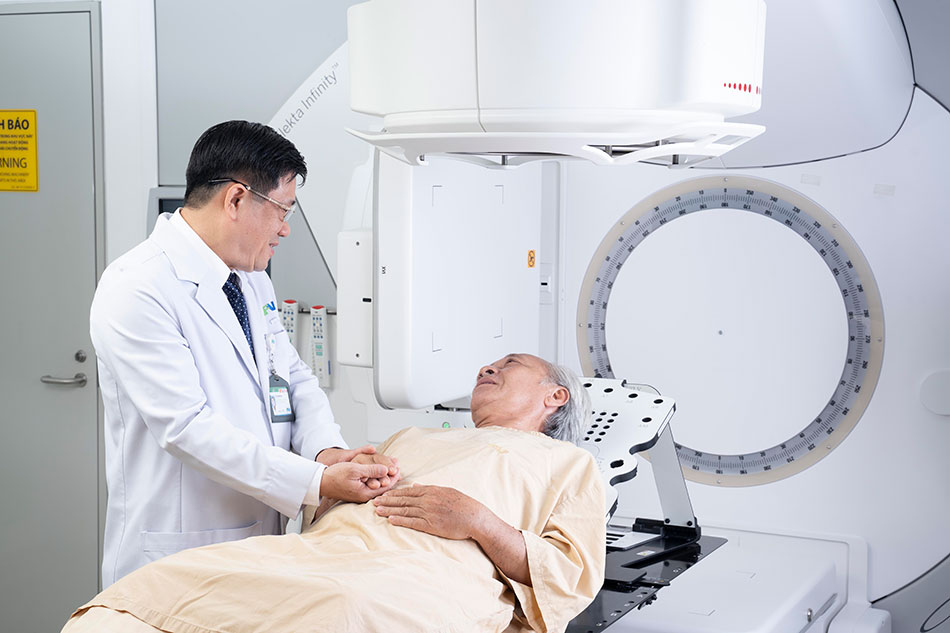Integrated treatment, often referred to as integrated care, is an approach to healthcare that combines different therapeutic modalities and disciplines to address both physical and mental health conditions simultaneously. The goal of integrated treatment is to provide comprehensive and holistic care that considers the interconnected nature of physical and mental health.
In Integrated Treatment programs, the same practitioner or treatment team provides both mental health and substance abuse interventions in an integrated fashion. Consumers receive one consistent, integrated message about treatment and recovery.

Key features of integrated treatment include:
Collaborative Care Teams:
Integrated treatment often involves a team of healthcare professionals from various disciplines working together. This may include primary care physicians, psychiatrists, psychologists, social workers, nurses, and other specialists.
Coordination of Services:
There is a focus on coordinating and integrating services across different healthcare providers and settings. This ensures that individuals receive seamless care that addresses both their physical and mental health needs.
Holistic Assessment:
Integrated treatment involves a comprehensive assessment that considers both physical and mental health factors. This helps healthcare professionals develop a more complete understanding of the individual's overall health.
Treatment Planning:
Based on the assessment, a personalized treatment plan is developed to address the individual's specific needs. This plan may include a combination of medical interventions, psychotherapy, medication management, lifestyle changes, and support services.
Communication and Information Sharing:
Open communication and information sharing between healthcare providers are essential in integrated treatment. This ensures that all members of the care team are aware of the individual's progress and can adjust treatment plans as needed.
Patient-Centered Approach:
Integrated treatment is often patient-centered, meaning that the individual's preferences, values, and goals are taken into consideration when developing and adjusting the treatment plan.
Prevention and Wellness Promotion:
Integrated treatment may also focus on preventive measures and wellness promotion. This includes lifestyle interventions, health education, and strategies to enhance overall well-being.
Reducing Stigma:
By addressing physical and mental health in an integrated manner, this approach helps reduce the stigma associated with mental health conditions. It emphasizes that mental health is an integral part of overall health.
Integrated treatment is particularly beneficial for individuals with co-occurring disorders (both mental health and substance use disorders) and those with chronic medical conditions that have psychological components. This collaborative and comprehensive approach aims to improve outcomes, enhance quality of life, and promote long-term recovery for individuals facing complex health challenges.





















